About Us
Traditional Naturopath & Functional Medicine Holistic Doctor San Diego Hi, I’m Dr Gaila and I help patient who suffer with belly pain, bloating and constipation and many other health conditions.Read more


By Karen Collins, R.D.
Special to msnbc.com
Two new studies add to the evidence that eating habits may influence the risk of non-Hodgkin’s lymphoma (NHL). Incidence of NHL has increased 74 percent from 1975 to 2002. It is now the fifth most common cancer in women and the sixth most common cancer in men in the United States.
Lymphoma is a cancer of the lymphocytes (white blood cells), which are part of our immune system. Changes in the DNA of a lymphocyte cause it to become cancerous. As malignant cells crowd out healthy cells, they form a tumor that grows in the lymph nodes or other parts of the body’s immune system.
Hodgkin’s lymphoma accounts for less than 12 percent of lymphoma cases. The rest are referred to as non-Hodgkin’s lymphoma, which includes more than 30 different types that may have different causes. NHL risk seems to increase with disturbances to the immune system, including HIV/AIDS, autoimmune diseases such as rheumatoid arthritis, and immune-suppressing medication. Celiac disease, a disorder involving an immune reaction to the gluten in wheat and certain other grains, substantially increases risk of lymphoma. Certain viruses and bacteria may also be involved. For example, the H. pylori bacteria linked to stomach ulcers apparently increases risk of lymphoma in the stomach wall. Occupational exposure to certain pesticides and industrial chemicals also seems a likely risk factor.
The two new studies, both published in June, involved comparing the eating habits of a group with NHL and a group without NHL. In an American study, those who ate the most vegetables faced a 42 percent lower risk than those who ate the least. In an Italian study, those who ate the most vegetables faced a 51 percent lower risk than those who ate the least. Eating more fruit also seemed to lower risk in this study.
Earlier studies also linked fruit and vegetable consumption with lower risk of NHL. Researchers say this could come from these foods’ many antioxidants and natural plant compounds that block damage to DNA from free radicals and carcinogens.
Diet can affect immuney system too
Our diet may influence NHL risk through its effects on our immune system, too. Studies have linked increased risk of NHL with a high consumption of animal protein, saturated fat, fried red meat and dairy foods, and a decreased risk with fish consumption.
These associations could be related to the findings of some studies that suggest certain fats in these foods promote immune functions and other fats lead to a less healthy immune system. (It’s also important to consider that a “high” consumption of foods depends upon the population studied. For example, in a Swedish study, increased risk related to dairy consumption was seen in those consuming more than six-and-a-half servings daily. In many U.S. studies, “high” consumption refers to those who simply meet the recommendation for adults of at least three daily servings of dairy.)
One factor increasingly related to risk of lymphoma — as well as several other cancers — is obesity. A comparison of approximately 1,000 Canadians with NHL to 3,000 Canadians without NHL found that obesity increased risk 36 to 59 percent in women and men, respectively. Reduced physical activity and increased calorie consumption also both seemed to increase NHL risk in this study. Other studies vary in the significance of these factors.
For now, steps to lower risk of lymphoma seem to include the same choices that lower our risk of other cancers. Eat a mostly plant-based diet with a wide variety of vegetables and fruits, control portions and stay physically active, aiming to reach and keep a healthy weight.